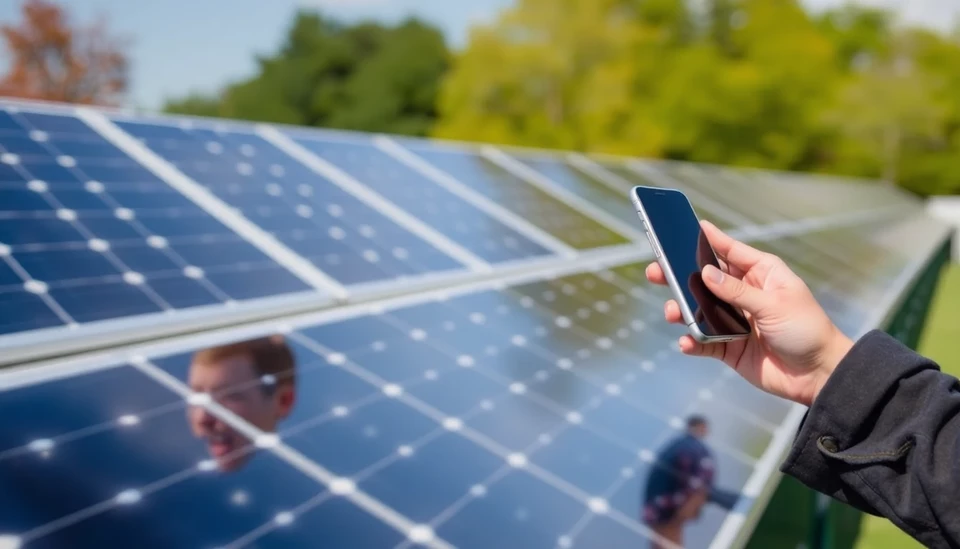
In a forward-thinking move aimed at bolstering the safety and efficiency of solar energy systems, Germany has announced its intention to mandate that all new photovoltaic (PV) installations incorporate remote shutdown capabilities. This initiative is part of the country's broader efforts to optimize renewable energy generation while ensuring grid stability and enhancing emergency response capabilities.
The proposal is fueled by a growing awareness of the potential risks associated with solar panel systems, particularly during natural disasters or emergencies. Officials are particularly concerned about how solar units can complicate firefighting efforts, as energized panels pose a serious hazard to rescue teams. By implementing a remote shutdown option, authorities believe they can mitigate these dangers significantly.
Experts suggest that the integration of remote shutdown technology will enable utility companies to swiftly deactivate solar units in critical situations, thereby preventing unwanted energy flow and reducing the risk of electricity-related accidents. This feature would not only protect emergency responders but also improve the overall management of the energy grid during peak demand periods or unexpected outages.
The regulation is expected to apply to all new PV systems being installed in the country, reinforcing Germany's commitment to integrating cutting-edge technology into its renewable energy framework. Particularly as the nation aims to meet its ambitious climate targets, ensuring that new installations are equipped with advanced safety features has become paramount.
This move has already gained support from various stakeholders, including environmental organizations, solar industry experts, and policymakers, all recognizing the importance of balancing renewable energy expansion with safety considerations. The push for mandatory remote shutoff features is seen as a crucial step in enhancing public safety without stifling growth in the solar sector.
As part of this initiative, the German government plans to engage with technology providers to discuss standards and best practices for implementing effective remote shutdown systems. The aim is to ensure that these features are not only reliable but also user-friendly for utility providers and emergency response teams alike.
In conclusion, Germany's proactive stance on integrating remote shutdown capabilities into new solar installations reflects a commitment to safety, innovation, and sustainability. This regulation could serve as a model for other countries looking to enhance the safety of their renewable energy systems while pursuing aggressive climate goals.
As the situation develops, stakeholders will be keenly watching to see how the implementation of these guidelines will unfold and what impact they will have on the future of solar energy in Germany.
#Germany #SolarEnergy #Renewables #Safety #PVSystems #EnergyGrid #ClimateChange #Innovation #EnergyPolicy
Author: Sophie Bennett




